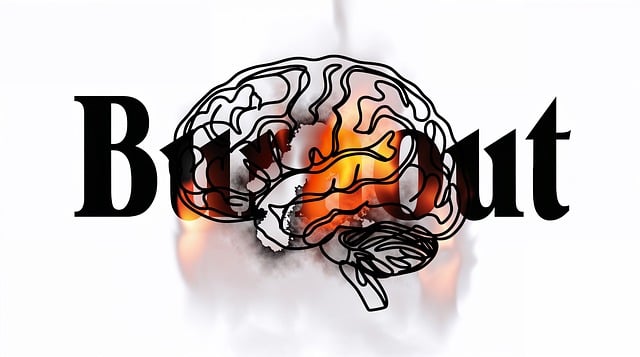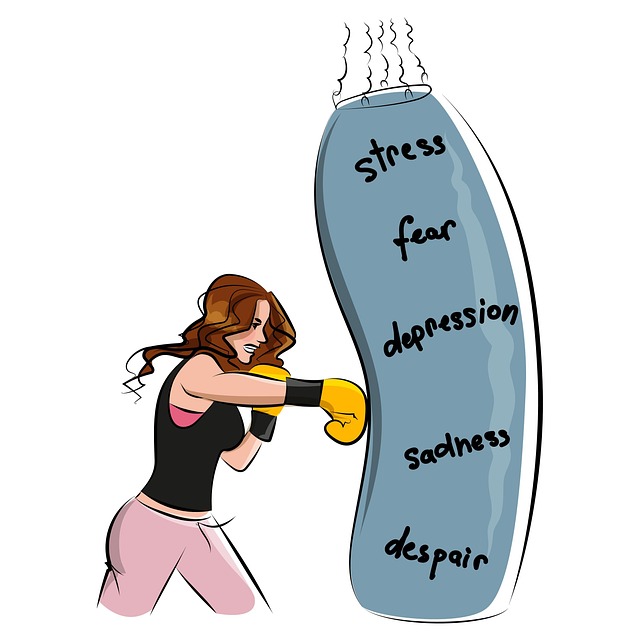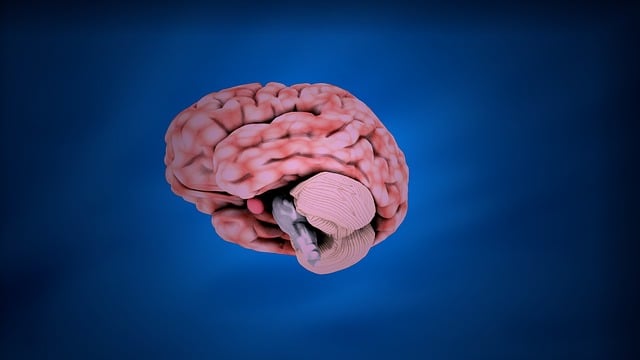Mental Health Crisis Hotlines provide 24/7 support, de-escalating acute emotional distress through trained professionals and confidential communication. They connect callers to resources like Longmont Cognitive Behavioral Therapy (LCBT), offering evidence-based solutions for mental health crises. These hotlines serve as launchpads for crisis intervention, emergency services, and ongoing therapy referrals, while LCBT focuses on root cause analysis and long-lasting positive changes. Accessing these services requires clear communication, and they're vital for preventing suicide and de-escalating high-risk situations, despite challenges like increasing demand and limited resources.
“In times of mental health crisis, access to immediate support can be life-saving. This article explores the vital role played by mental health crisis hotline services in providing emergency assistance. We delve into ‘Understanding Mental Health Crisis Hotlines’ and highlight ‘Longmont Cognitive Behavioral Therapy’ as a leading provider. Additionally, we offer practical guidance on ‘How to Access’ and ‘Utilize These Services Effectively’. Discover the impact and challenges faced by these lifeline services, focusing on the transformative potential of therapy-driven approaches.”
- Understanding Mental Health Crisis Hotlines
- Longmont Cognitive Behavioral Therapy: A Key Player
- How to Access and Utilize These Services Effectively
- The Impact and Challenges of Crisis Support Services
Understanding Mental Health Crisis Hotlines

Mental Health Crisis Hotlines serve as vital resources for individuals facing acute emotional distress or a mental health crisis. These 24/7 services provide immediate support and guidance, offering a safe space for individuals to express their concerns without judgment. Trained professionals on the other end of the line employ effective communication strategies, such as active listening and empathy, to de-escalate situations and connect callers with appropriate resources, including Longmont Cognitive Behavioral Therapy (CBT) services.
Understanding that mental illness stigma reduction efforts are crucial for fostering open conversations about mental health, these hotlines often offer anonymity and confidentiality, encouraging honest disclosures. Moreover, they serve as launchpads for various support systems, including crisis intervention, emergency services, and referral networks for ongoing therapy, such as CBT treatment options available in Longmont. Additionally, some hotlines complement their services with Mental Wellness Podcast Series Production, providing accessible educational content to promote mental health awareness and coping strategies in the community.
Longmont Cognitive Behavioral Therapy: A Key Player

In the realm of mental health support, Longmont Cognitive Behavioral Therapy (LCBT) stands as a beacon of hope for individuals navigating through crises. This therapeutic approach is a key player in providing effective solutions, focusing on evidence-based methods to address various mental health concerns. LCBT offers a unique perspective by combining communication strategies and self-esteem improvement techniques, empowering clients to take control of their emotional well-being.
The therapy’s effectiveness lies in its ability to not only treat symptoms but also foster long-lasting positive changes. By delving into the root causes of distress, LCBT helps individuals develop adaptive coping mechanisms, enhancing their overall mental resilience. Moreover, this therapeutic model complements broader mental health policy analysis and advocacy efforts by promoting individual healing and encouraging self-empowerment, contributing to a more holistic approach in addressing the mental health crisis.
How to Access and Utilize These Services Effectively

Accessing mental health crisis hotline support services effectively involves understanding your resources and knowing how to connect with them during times of need. If you’re experiencing a mental health crisis, reach out to a trusted friend or family member who can assist in finding appropriate help. Many areas now have dedicated hotlines staffed by trained professionals offering free, confidential services. These lines often provide immediate support, guidance, and resources tailored to your specific situation.
For those seeking Longmont Cognitive Behavioral Therapy (CBT) or complementary practices like Mindfulness Meditation and Empathy Building Strategies, these hotlines can be a valuable starting point. They can connect individuals with local therapists, support groups, or community outreach programs implementing innovative strategies for stress reduction and emotional well-being. Utilizing these services effectively means being prepared to communicate your needs clearly, providing relevant details about your current situation, and following up on any referrals or recommendations received for continued care.
The Impact and Challenges of Crisis Support Services

Crisis support services play a pivotal role in addressing mental health emergencies, offering immediate assistance and a lifeline for individuals grappling with severe emotional distress. These hotlines, often staffed by trained professionals, provide a safe space for people to express their struggles, receive guidance, and connect with appropriate resources. The impact is profound; crisis intervention can prevent suicide, de-escalate high-risk situations, and offer much-needed support to those who feel isolated or overwhelmed.
However, the challenges are significant. With increasing demand and limited resources, hotlines often face strain on their lines, leading to longer wait times. Additionally, integrating diverse services and ensuring cultural sensitivity is crucial; many individuals from marginalized communities may have unique needs, requiring tailored approaches like Longmont Cognitive Behavioral Therapy. Effective crisis support also involves fostering emotional intelligence among responders to handle complex situations with empathy. Community outreach programs that focus on education, self-esteem improvement, and breaking down stigma are integral to expanding access to these critical services.
Mental health crisis hotline support services play a pivotal role in assisting individuals during urgent moments of need. As highlighted, Longmont Cognitive Behavioral Therapy (LCBT) stands out as a key provider, offering specialized services that cater to diverse mental health crises. Effective access and utilization of these resources are essential for positive outcomes. By understanding the available options, such as LCBT’s offerings, and following practical guidelines for engagement, individuals can navigate through challenges and access the critical support they deserve.











